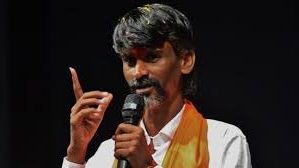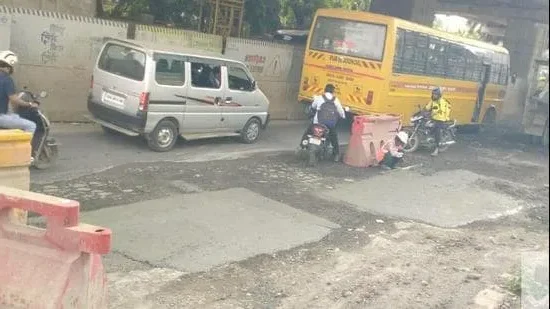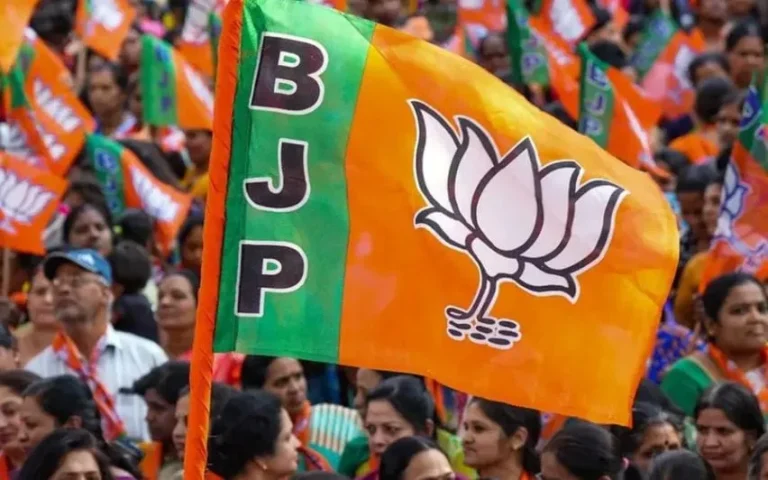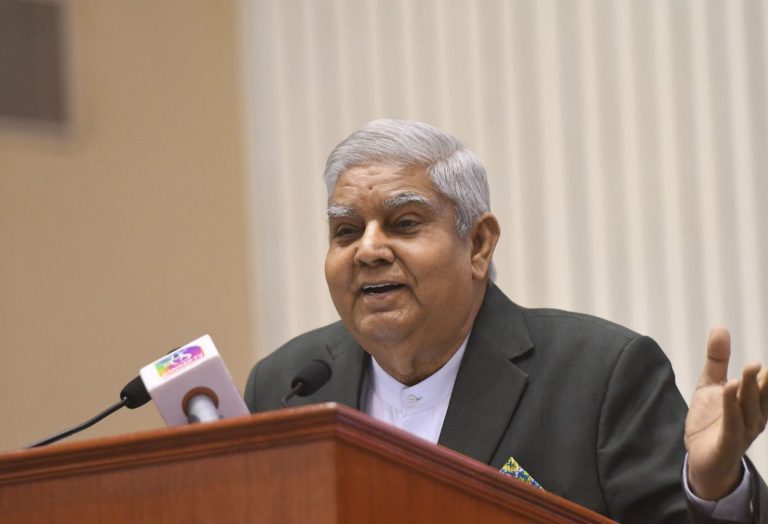Onion prices in major cities like Delhi and Mumbai have surged to Rs.70-Rs.80 per kilogram, marking a five-year high in November 2024. The spike, which has left consumers frustrated, comes amid inflationary pressures and a shortage of stocks. The price has doubled in some areas, with wholesale rates escalating from Rs.40-Rs.60 per kg in recent weeks.
Sellers attribute the increase to inflation, with some citing difficulties in sourcing onions at affordable rates. A vendor in Delhi explained that wholesale prices directly impact retail costs. Despite the price hike, onions remain a staple in Indian kitchens, leading to steady demand despite the escalating costs.
Consumers, particularly in metro cities, have expressed distress over the unexpected price surge. A Delhi resident, Faiza, lamented that prices should have dropped in the season, and urged the government to intervene. In Mumbai, buyers like Dr. Khan have noticed similar trends, where the cost of onions and garlic has spiked, affecting household budgets.
The government has implemented measures to stabilize prices, including releasing buffer stocks and imposing a Minimum Export Price (MEP) to control exports. The government is working to ensure the availability of onions in domestic markets by releasing buffer stocks and imposing a Minimum Export Price (MEP). However, experts predict that high prices may persist until December, when fresh supplies from the kharif harvest are expected.
For now, consumers are hoping for a dip in prices, though some liken the fluctuations to the stock market, anticipating that prices may soon fall as quickly as they rose.









